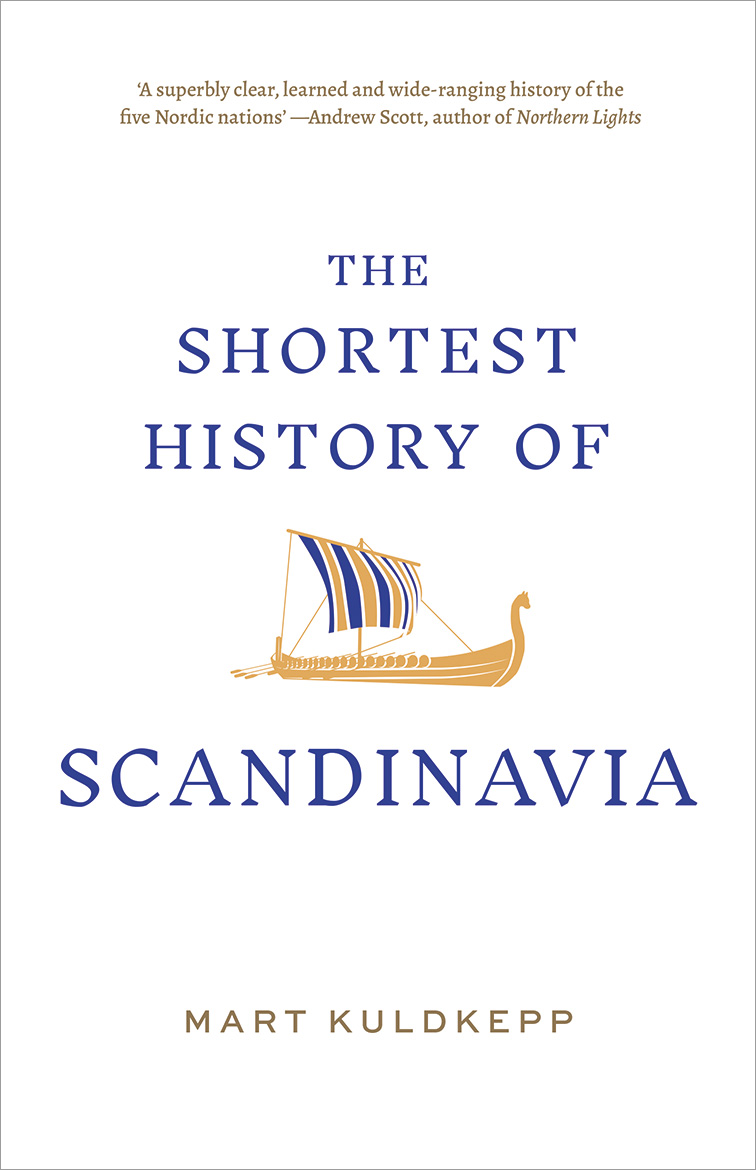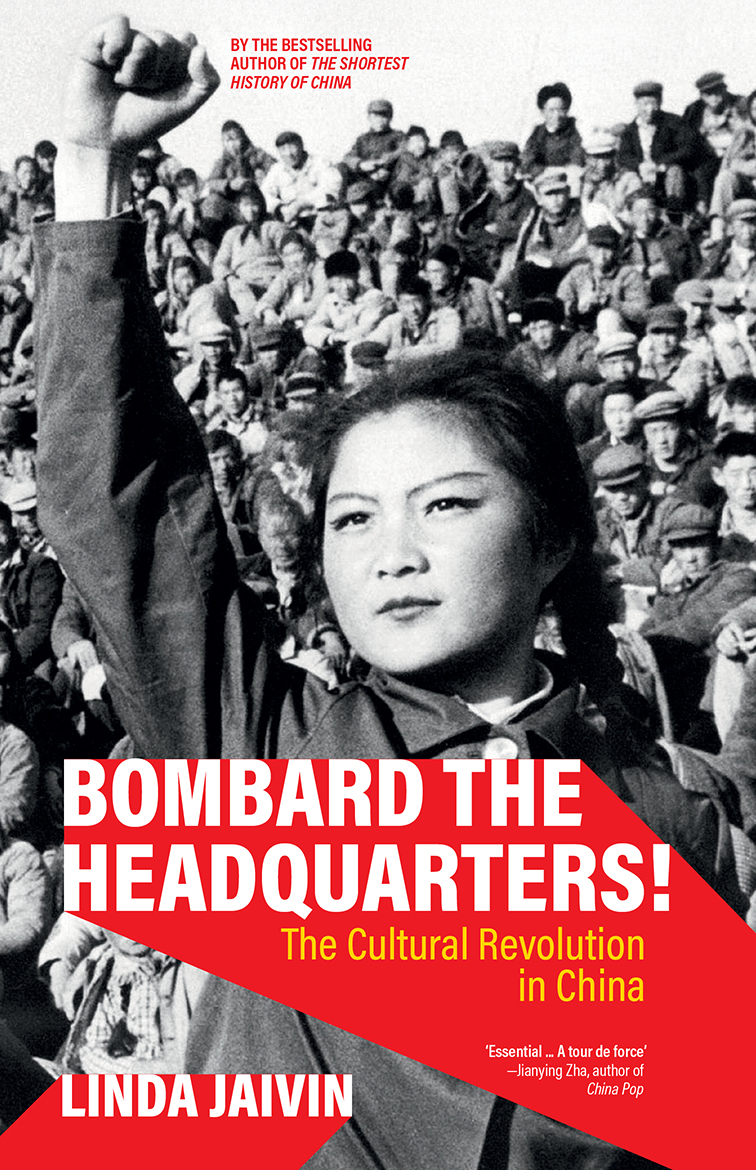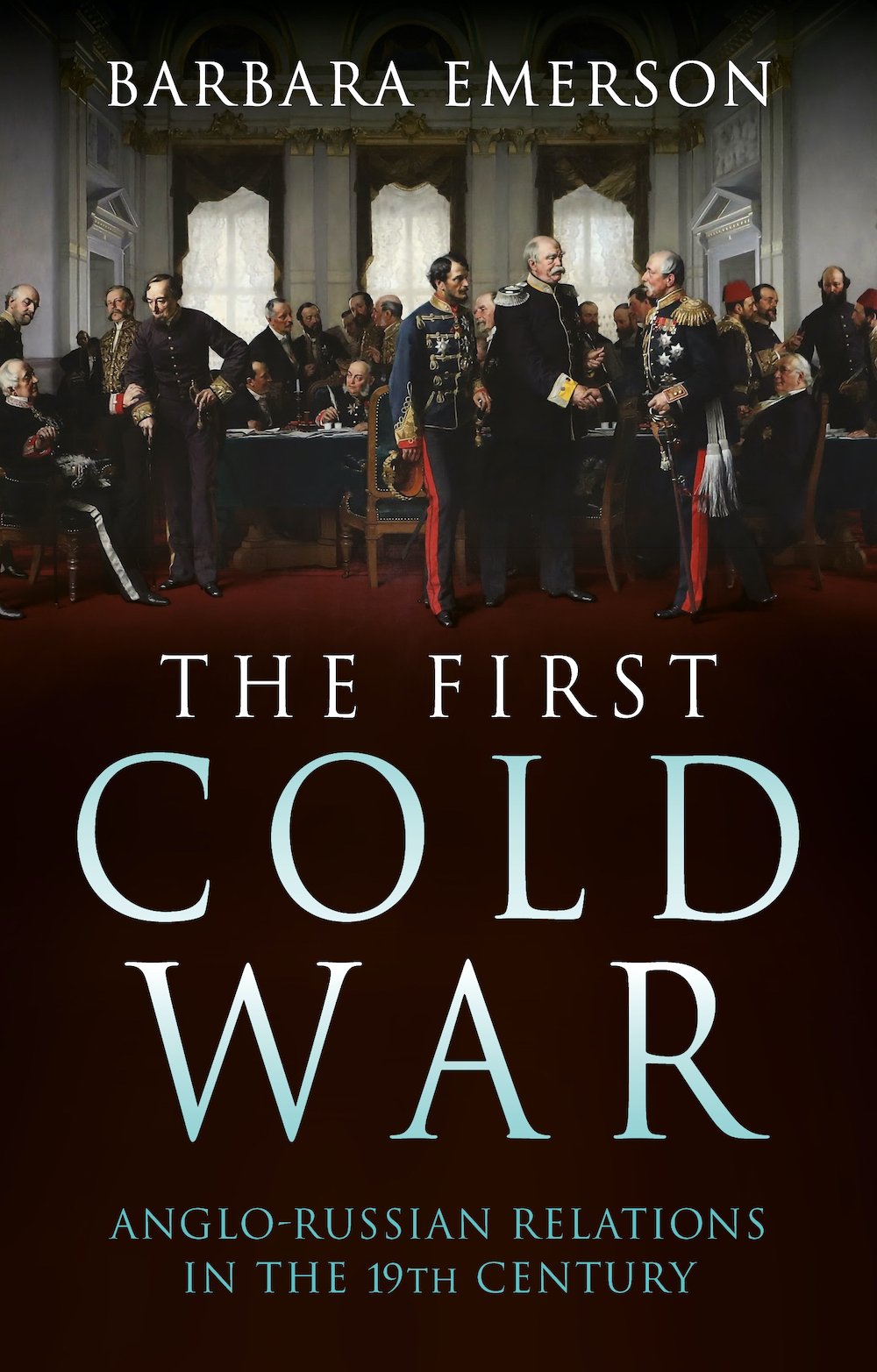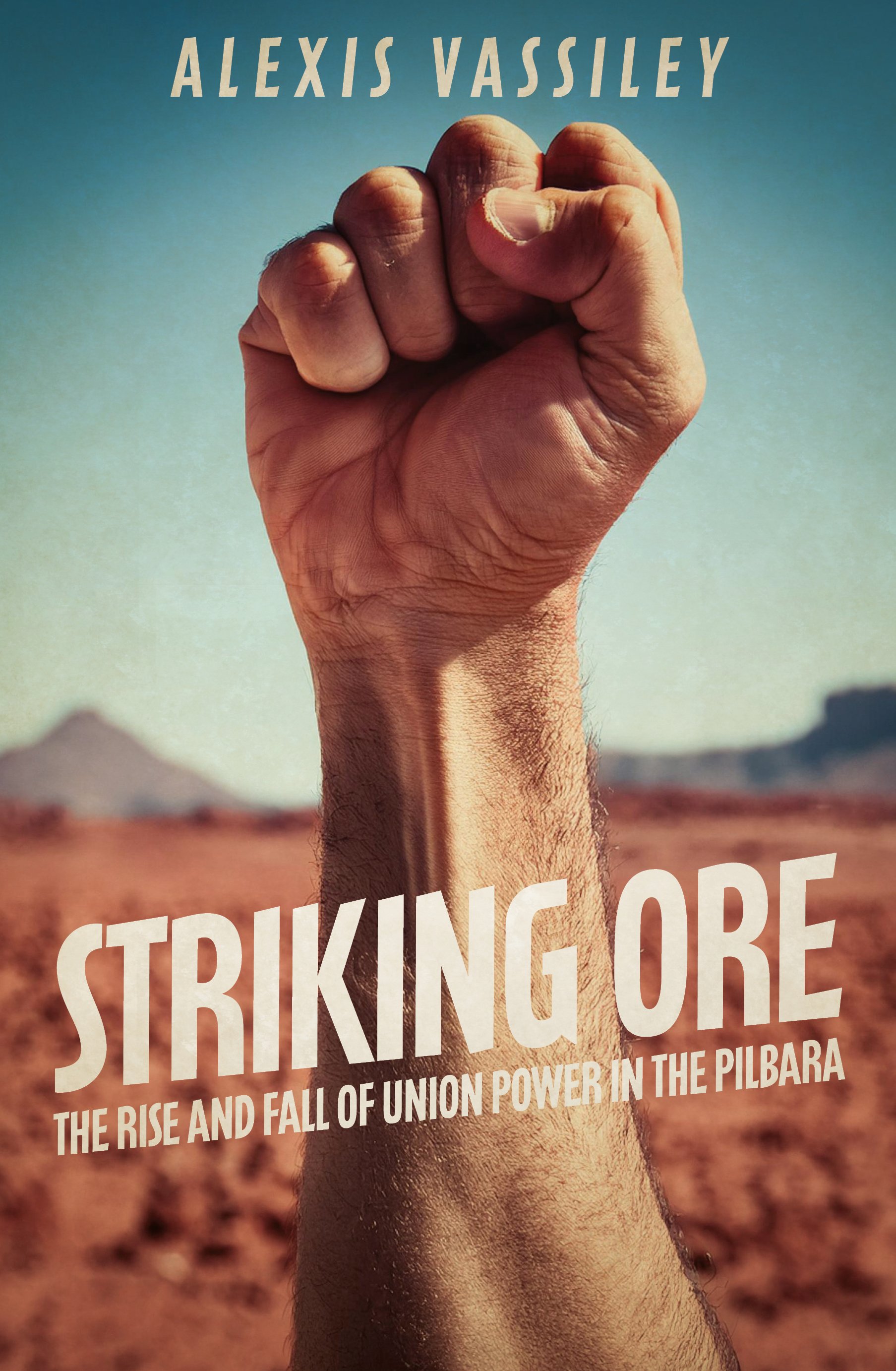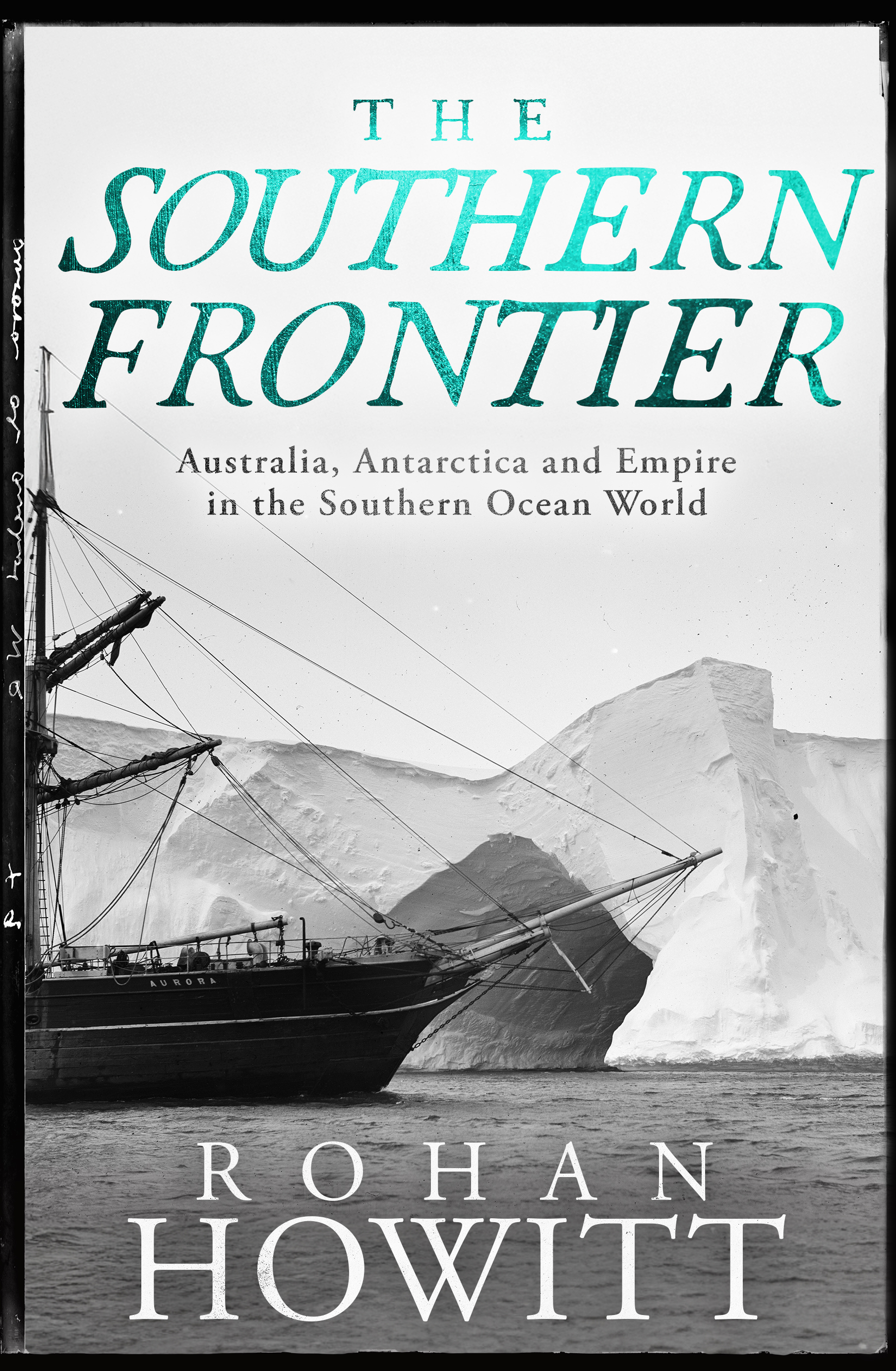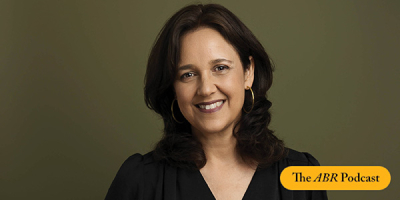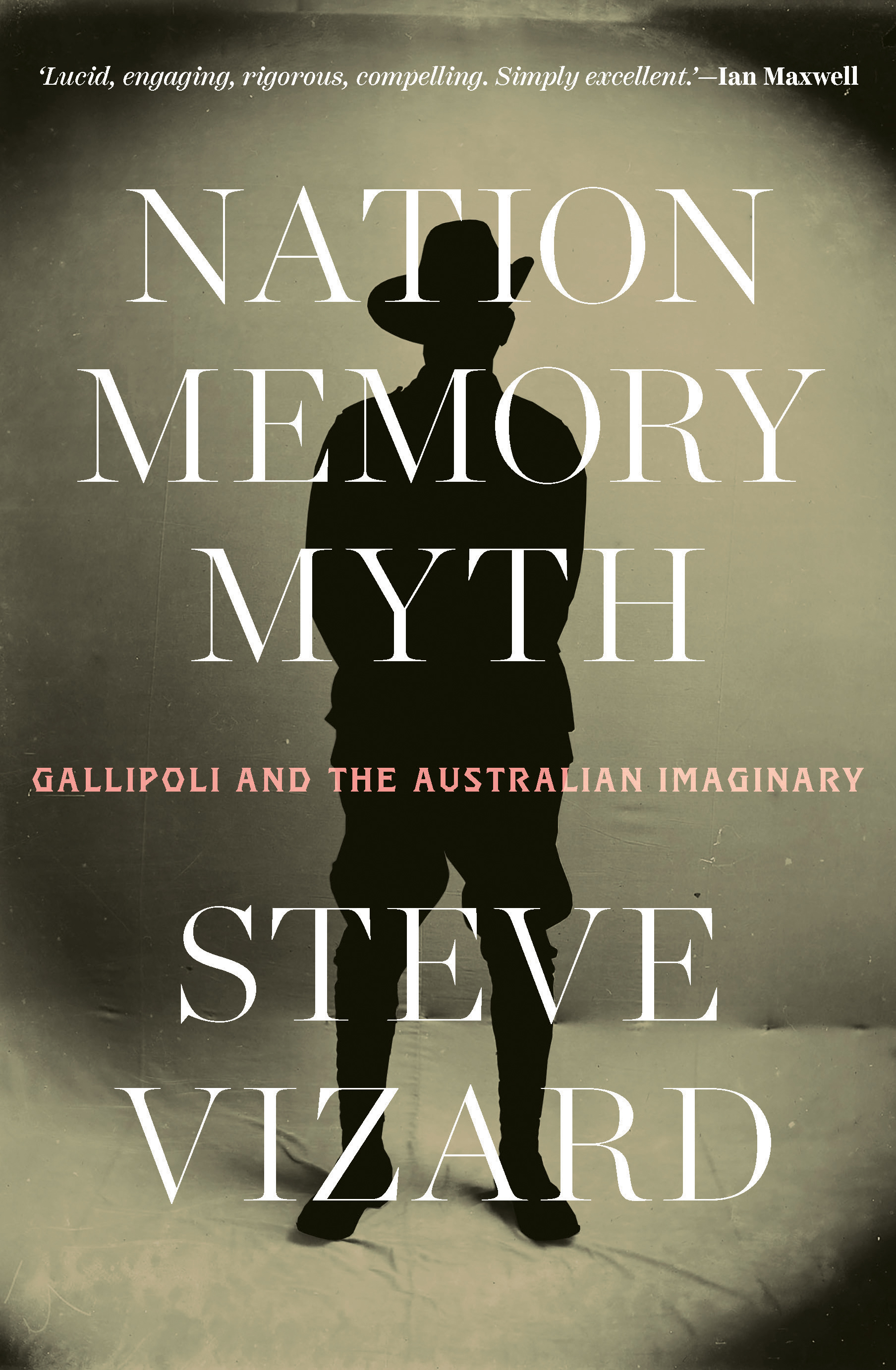History
This week on the ABR podcast we feature Shan Windscript’s review of Bombard the Headquarters! by Linda Jaivin. Though Windscript applauds Jaivin for condensing the Great Proletarian Cultural Revolution of Communist China into a succinct and vivid account, Windscript argues this approach sacrifices historical nuance.
... (read more)What can a reader expect from the ‘shortest’ history of anything? Probably something that gives basic information about that subject with a possible admixture of humour and a fresh approach that conceals the gaps that brevity inevitably produces. Mart Kuldkepp’s shortest history of Scandinavia achieves these goals skilfully and can be trusted to provide the general reader with a reliable narrative. It also succeeds in analysing what it is about the countries that we call Scandinavia that makes them special, creating a sense of ‘Nordicness’ that is recognised by both insiders and outsiders.
... (read more)Bombard the Headquarters!: The Cultural Revolution in China by Linda Jaivin
Of all the revolutionary regimes of the modern era, few sought to remake society as radically as Communist China during the Great Proletarian Cultural Revolution. Launched by Mao Zedong in 1966 to purge ‘class enemies’ and revitalise socialist ideals, the movement quickly spiralled into widespread upheaval that slipped beyond the Party’s control. Amid mass campaigns and brutal struggles, waves of political activism surged from below, jolting the very foundations of the Communist state and reshaping the country’s cultural and political landscape.
... (read more)The First Cold War: Anglo-Russian relations in the nineteenth century by Barbara Emerson
The First Cold War is an account of 300 years of British-Russian relations, from mutual incomprehension to the Anglo-Russian Convention of 1907, which reached an accommodation between the great powers. This proved remarkably stable and provided the basis for resisting German aggression in the twentieth century. It only ended in 1949 when the next cold war began.
... (read more)Striking Ore: The rise and fall of union power in the Pilbara by Alexis Vassiley
The history of the Pilbara is distinctive, but its contours are those of Australian history in miniature. Successive resource booms have saddled that part of Western Australia with the weight of immense national expectation. The rise and fall of trade unionism was compressed into a few short decades in the Pilbara’s iron ore mines, where compulsory unionism once made workers immensely powerful, and where the decline in union membership now leaves them highly exposed to managerial agendas.
... (read more)The Southern Frontier: Australia, Antarctica and Empire in the Southern Ocean world by Rohan Howitt
On the evening of Boxing Day 1900, a spectacular pantomime premiered at Her Majesty’s Theatre in Sydney in honour of the imminent federation of the Australian colonies. A theatrical ‘extravaganza’, Australis presented an image of the fledging nation one hundred years hence. In the pantomime’s vision, Australia in the year 2000 is ruled by a former trade unionist, ‘the Boss’, who leads an expedition to annex Antarctica, forming a ‘Great Empire of the South’. One advantage of this move, notes the Boss, is that the capital of the Australian empire can be located on the geographic south pole, thus resolving the dispute between Sydney and Melbourne. Clearly, the pantomime’s librettists (who included theatrical entrepreneur J.C. Williamson) were not above political satire. What Australis also suggests is that there existed genuine popular enthusiasm for an Australian Antarctic empire.
... (read more)This week on the ABR Podcast, Kate Fullagar reviews Uprising: War in the colony of New South Wales, 1838-1844, by Stephen Gapps. Fullagar writes that Uprising is a ‘crucial contribution to our rethinking of Australian military history’. Kate Fullagar is Professor of History at Australian Catholic University, a Fellow of the Australian Academy of Humanities, and Vice President of the Australian Historical Association.
... (read more)Nation, Memory, Myth: Gallipoli and the Australian imaginary by Steve Vizard
Women give birth to babies, but according to patriarchal myth men give birth to nations. As the eminent political theorist Carole Pateman observed some time ago, literature is full of stories of men giving birth to nations, political orders, or political life itself, an explicitly male appropriation of procreative power. In the new discursive order of modernity, political creativity belongs to masculinity.
... (read more)The Great Betrayal: The struggle for freedom and democracy in the Middle East by Fawaz A. Gerges
Fawaz Gerges is a leading expert on mainstream Islamist movements, jihadist groups, and social movements in the Middle East. He has interviewed hundreds of civil society leaders, activists, and mainstream and radical Islamists in the Muslim world and within Muslim communities in Europe. Two decades ago, his in-depth field research resulted in The Far Enemy: Why Jihad went global (2005). It showed that the 9/11 terror attacks united social forces in the Muslim world against Al Qaeda. The dominant response of jihadi groups was an explicit rejection of Al Qaeda and total opposition to the internationalisation of jihad. The US invasion of Iraq in 2003 and its subsequent occupation gave Al Qaeda a ‘new lease on life, a second generation of recruits and fighters, and a powerful outlet to expand its ideological outreach activities to Muslims worldwide’.
... (read more)Uprising: War in the colony of New South Wales, 1838-1844 by Stephen Gapps
Readers of Stephen Gapps’s work will be delighted to see this latest instalment of his quest to highlight the reality of Australia’s internal wars from 1788. Gapps’s first major contribution to this literature was The Sydney Wars (2018), which detailed the military conflicts between the Darug-speaking peoples of Sydney Harbour and the British newcomers from the First Fleet to 1817. His second, Gudyarra (2021), focused on the battles between the Wiradyuri and the settlers around today’s Bathurst region from 1822 to 1824. Gapps’s new book, Uprising, takes us over the full middle swathe of colonial New South Wales, including campaigns from dozens of clans, between 1838 and 1844. Each volume moves us forward in time and over greater expanses of Country. Collectively, the Gapps trilogy is a clear and detailed refutation of Australia’s continued reluctance to name the violent episodes that occurred between black and white peoples before 1901 as what they so plainly were: war.
... (read more)

